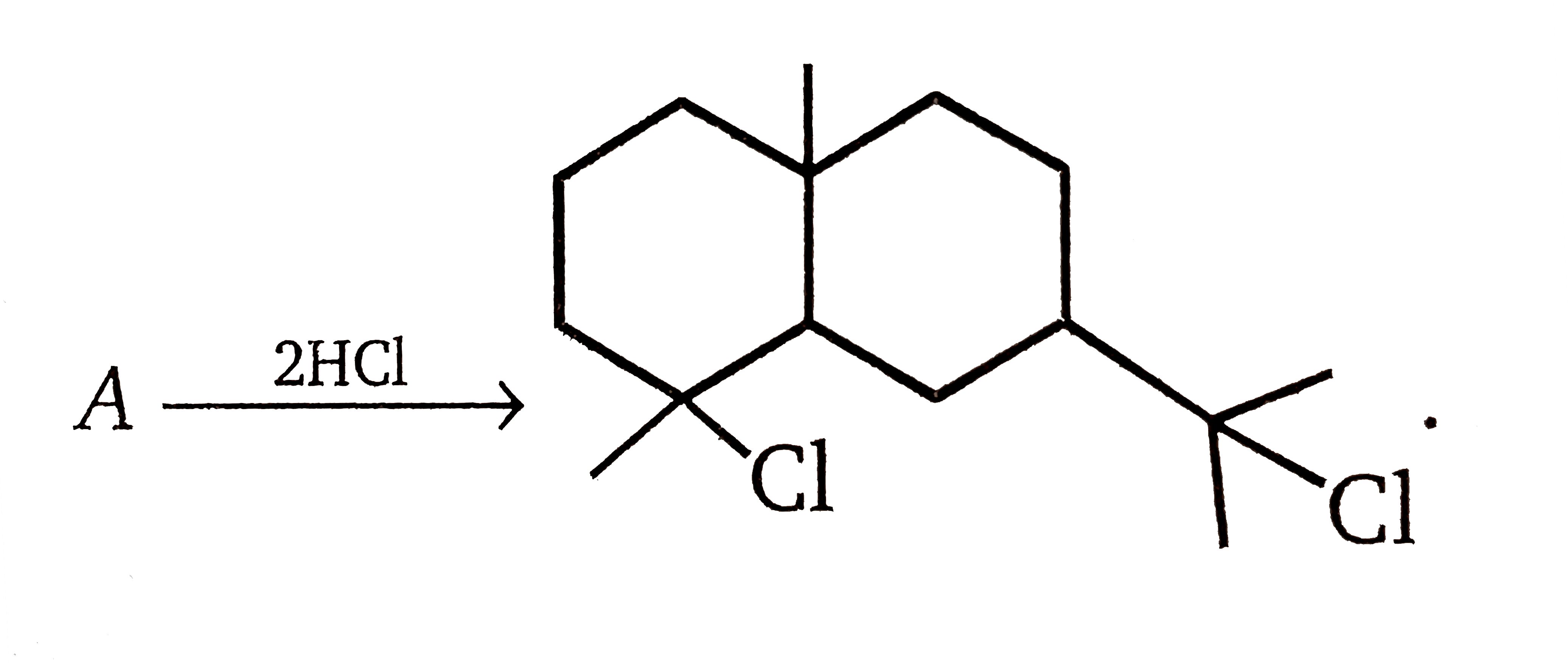A reaction involiving two different reactants can never be:
A
bimolecular reaction
B
second order reaction
C
first order reaction
D
unimolecular reaction
Video Solution
Text Solution
The correct Answer is:D
There are different reactants (say A and B)
A+B→product
Thus, it is a bimolecular reaction.
If dxdt=k[A][B]
it is second-order reaction
if (dxdt)=k[A]
or =k[B]
it is first order reaction.
Molecularity is indepent of rate, but is the sum of the reacting substances thus it cannot be unimolecular reaction.
|
Updated on:21/07/2023
Topper's Solved these Questions
Similar Questions
Knowledge Check
- Question 1 - Select One
A reaction involving two different reactants can never be:
Aunimolecular reactionBfirst order reactionCsecond order reactionDbimolecular reaction - Question 2 - Select One
A reaction involiving two different reactants can never be:
Aunimolecular reactionBfirst order reactionCsecond order reactionDbimolecular reaction - Question 3 - Select One
A reaction involving two different reactants can never be
Abimolecular reactionBsecond order reactionCfirst order reactionDunimolecular reaction
The order of reaction can never be zero.
View SolutionReactants A and B can react to give two different products C and D in two different reactions. The two reactions take place in two different mechanisms and D is found to be more energetically stable than C. But product C was found in larger amounts. How do you account for this ?
View SolutionState whether the statements given are True or False.
Two rationals with different numerators can never be equal.View SolutionA reaction involiving two different reactants can never be:
View Solution . Reactant (A) can be: View Solution
. Reactant (A) can be: View Solution

